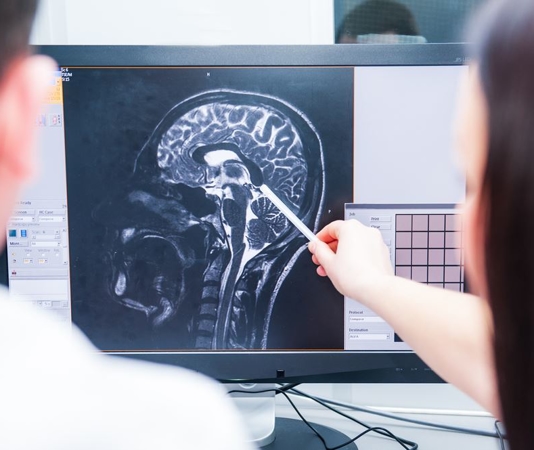Traumatic brain injury (TBI) is a global health concern, with a worldwide estimation of 50 million cases occurring annually. While the physical, emotional, and cognitive consequences of mild traumatic brain injury (mTBI) typically resolve within 3 to 6 months, approximately 15% of mTBI patients experience long-term symptoms. The ability to focus and sustain attention is often affected by mTBI and undermines other cognitive functions such as learning and memory. Individuals with mTBI may find that the repeated process of engagement and disengagement with cognitive tasks can result in mental fatigue, making everyday tasks more challenging.
Recent evidence suggests that targeted cognitive rehabilitation is effective for reducing the long-term cognitive symptoms experienced by individuals with mTBI. However, the association between attention and cognitive changes during the acute stage of mTBI is largely under-researched. A team of researchers compared 50 mTBI patients and 49 healthy individuals who completed a basic computer task of clicking the correct key as images were presented on a screen. The test measured three domains of the attention network: alerting (readiness to respond to new information), orienting (directing attention towards new information), and executive control (monitoring and self-regulating in response to new information). The study found that:
- There was a significant decrease in the orienting attention network in individuals with mTBI compared to the control group.
- There were no significant differences between mTBI and control groups in alerting and executive control.
- Individuals with mTBI performed worse than controls in other cognitive areas, including memory, immediate and delayed recall, recognition, information processing, and verbal fluency tests.
While the general cognitive impairment observed in patients with mTBI is consistent with previous studies, this study presents new insight on the role of attention in the neurological mechanisms of cognitive dysfunction. Attention networks require the coordination of multiple brain networks. The researchers attributed the patients’ orienting network impairment to changes in the connections within or between neural networks, as well as damage to white matter, through which neuronal connections travel. Future research could use magnetic resonance imaging (MRI) data to validate these cognitive outcomes. As researchers develop a better understanding of attention, clinicians can develop targeted for cognitive rehabilitation plans to improve recovery outcomes for mTBI patients.
Wang, Zhou Y, Zhang, et al. Orienting network impairment of attention in patients with mild traumatic brain injury. Behavioral Brain Research. (February 2023).

